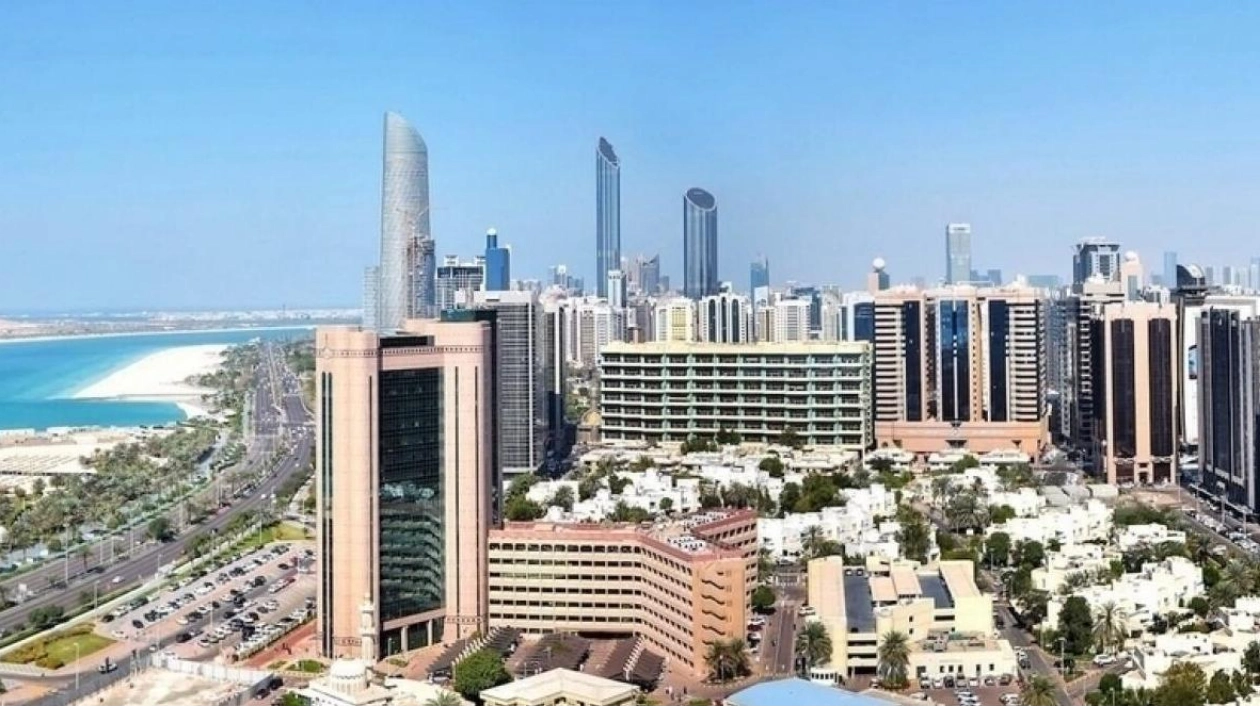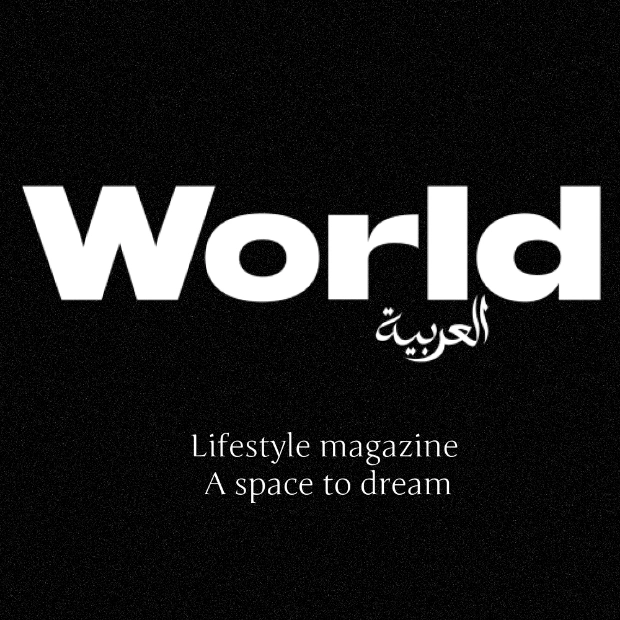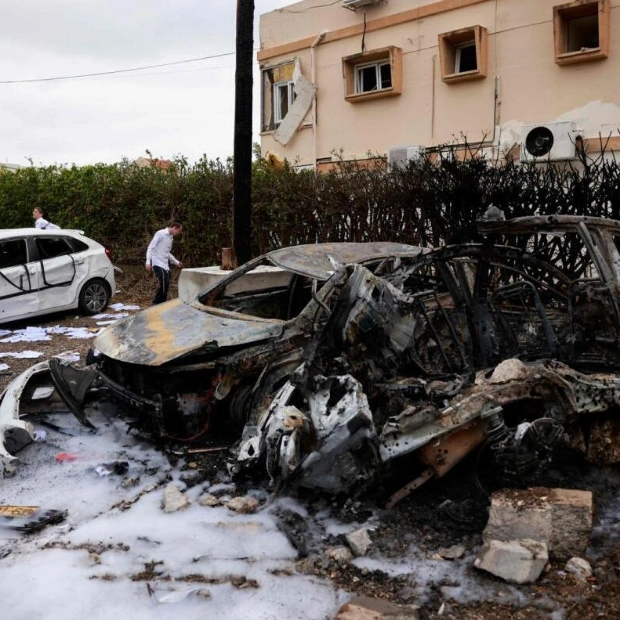Dubai and Abu Dhabi have been recognized as two of the top five cities worldwide that have significantly enhanced their real estate transparency, according to the most recent Global Real Estate Transparency Index (GRETI) published by JLL.
Dubai's real estate market has been highly coveted among global cities, particularly post-pandemic, drawing billions of dollars in both foreign and domestic investments. Data from the Dubai Land Department reveals that the city achieved a sales value of Dh37.3 billion in August 2024, marking a 33 percent increase from the same month the previous year. Total sales volume surged by 36 percent year-on-year in August, reaching 14,922.
JLL's transparency index categorizes real estate into five levels: high, transparent, semi, low, and opaque. Ranked 28th globally, Dubai is classified as a transparent real estate market. India and Saudi Arabia led improvements in the JLL real estate transparency index during 2022-24, followed by the UAE (Dubai and Abu Dhabi), the US, France, Australia, Canada, South Korea, and China. Abu Dhabi ranked 41st in the index, largely due to the launch of the Abu Dhabi Real Estate Centre (ADREC) to enhance oversight and efficiency, along with a new AI-enabled building information modeling (BIM) and planning review system.
James Allan, CEO of JLL for the Middle East and Africa (MEA), noted that Dubai's property market has thrived due to the government's strong emphasis on market effectiveness. "Dubai has consistently improved its data and service offerings through the Dubai REST platform, with further advancements in anti-money laundering legislation and increased information availability from both established and emerging market providers. Dubai's initiatives in providing more detailed sales data, recent rental transaction data, process and governance enhancements, and the introduction of various tech-based projects have helped maintain its transparent market status and attract substantial investment," he said.
Allan anticipates that sustainability transparency will accelerate over the next two years as new or expanded requirements for companies to disclose their emissions and climate risks are rolled out across major global economies. "As sustainability becomes a non-negotiable for investment, we foresee improvements in this area, which will, in turn, propel local markets higher in the rankings. Reporting on sustainability transparency is crucial, as evidenced by the latest GRETI's sustainability sub-component, which has expanded the number of factors it tracks from 7 in 2018 to 14 in 2024," he added.
In addition to Dubai and Abu Dhabi, Saudi Arabia has also been named among the top global improvers in this year's GRETI. "Higher transparency will be essential for the successful execution of some of the world's largest urban development projects currently underway in Saudi Arabia. The country's score has been enhanced by the formalization of the land registration system through the Real Estate Registry, public access to digitized data on sales, leases, and planning developments from the Real Estate Regulatory Authority, improved online services, and broader market coverage from data providers," Allan concluded.






